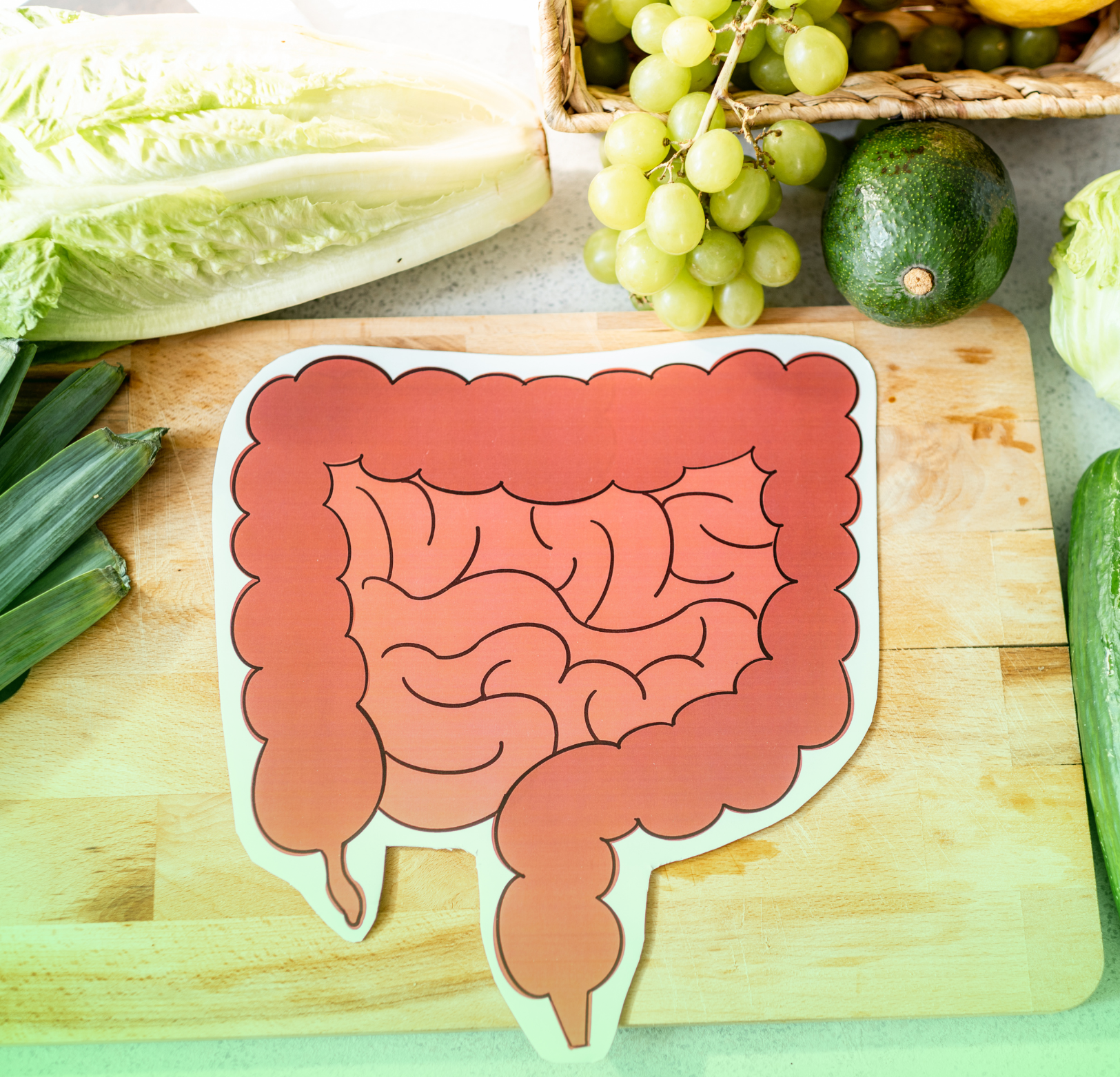
The phrase "You are what you eat" holds significant truth, especially when considering the impact of gut health on your overall physical and mental well-being. Gut health essentially refers to the condition of your gastrointestinal (GI) tract, which is a series of connected organs running from your mouth to your anus. This includes your esophagus, stomach, small intestine, and large intestine. When you consume food and liquids, they are broken down into nutrients by your digestive system, with the aid of microorganisms in your intestines.
These microorganisms play a vital role in using nutrients to fuel the body's biological processes. Maintaining a balance of these microorganisms is crucial, which is where probiotics come into play. Probiotics are beneficial microbes that increase the presence of good bacteria in your gut, available through certain foods and supplements.
Prebiotics, on the other hand, are nutrients that nourish these beneficial bacteria. Foods like kombucha, sauerkraut, and kimchi are examples of probiotic-rich foods that help strengthen your gut microbiome. However, diving too quickly into high-fiber or probiotic-rich diets can cause bloating and gas, so moderation is key.
The health of your gut microbiome is closely linked to your immune system, accounting for up to 80% of its function. Managing stress and reducing inflammation through diet can therefore significantly impact your gut health and overall wellness. For those suffering from constipation or other digestive issues, home remedies and dietary adjustments can help alleviate symptoms and promote regularity.
Understanding and managing your gut health can be a complex process, but with the right knowledge and tools, you can make significant strides in improving your digestive tract and overall health.





![[30 Minutes]One on One with Travis](http://faithfullyfit.shop/cdn/shop/files/one-on-one-30-mins.png?v=1710605086&width=2500)
